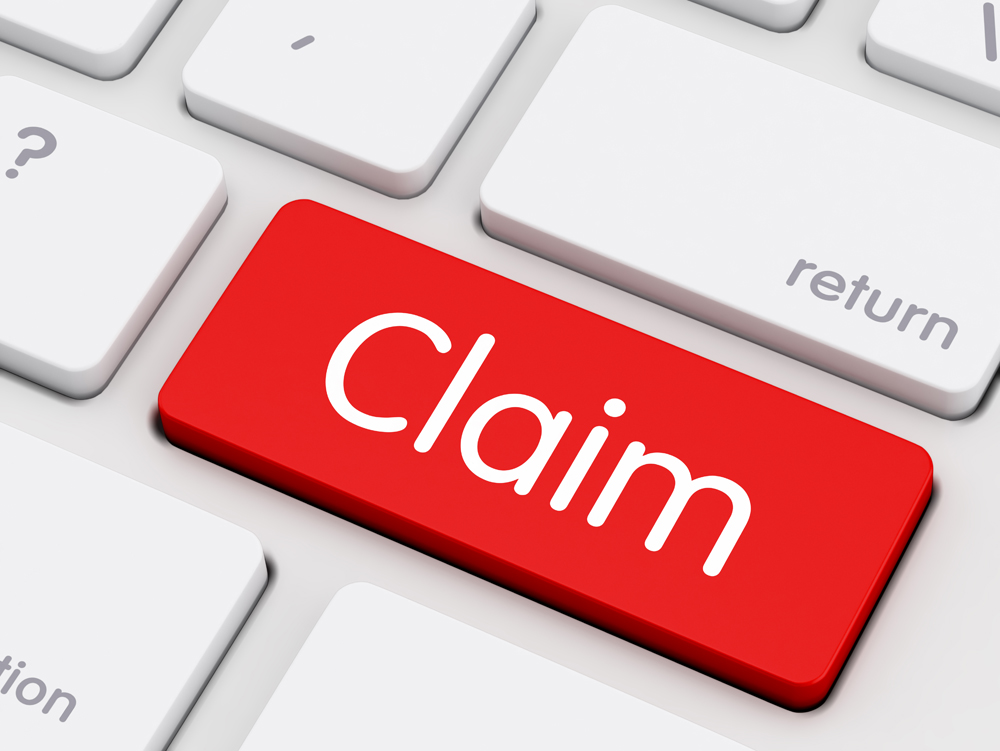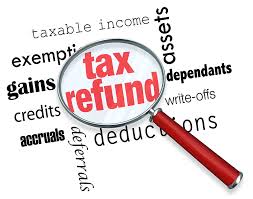You may be due a refund when filing a California personal income tax return if you overpaid during the tax year. It is important to remember that receiving a refund typically means you are getting back money that you lent to the state interest free for the year. The easiest way to receive your refund is by direct deposit (entering in your banking information on your tax return). You may also elect to receive your refund in the form of a check in the mail. Finally, you can even elect to apply your refund to your next year’s tax obligation.
There are times though where you may not actually realize you are due a refund because certain information may not have been available to you when you filed your return. In this blog, we will discuss when it is time to file a claim for refund to recover California Franchise Tax Board tax refunds and the rules that apply.
When filing a claim for refund with the California Franchise Tax Board (FTB) you will either be filing a formal or informal claim for refund.
A formal claim for refund can be filed once you have paid your balance in full for the tax year in question. The claim can be used to reduce the amount of tax that you paid or to inform the FTB that you disagree with the amount assessed in taxes, penalties and interest.

An informal claim can be filed even if you have not paid in full the balance for the taxes, penalties, and interest amounts that are due. However, by filing an informal claim you will be extending the collection statute of limitations (the amount of time the FTB has to collect from you). The plus side is it generally extends your right to appeal and file suit in court.
How To File A Claim For Refund
The most common way to file a claim for refund is by filing your tax return. Most taxpayers don’t realize that the tax return itself is a claim for refund if you are due money back from the state (or due any refundable credits).
Amending Your Tax Return
The second most common claim for refund is in the form of an amended return. To amend a personal income tax return with the FTB for tax years 2017 – present you will need to file form 540 Schedule X. If you are amending a return for tax year 2016 or prior, you will need form 540x. Amending your tax return is typically done when you have acquired additional tax information you did not have available or did not know you needed when filing your original return.

Example:
You timely filed your 2018 tax return, which showed you owed $500. You pay the amount due and that seems to be the end of it. The next year however you discover that you did not claim a deduction on your return that would have resulted in a refund. You would simply file an amended return to include the deduction so that the FTB can refund you the $500 you initially paid and the refund amount you would have been due had the deduction been included on the original return.
The most common reasons for amending a return are:
- Changes to your income
- Updating tax credits
- Updating tax deductions
- Updating filing status
- Reporting federal income tax adjustments
Writing A Letter
Another way to file a claim for refund with the FTB would be to write a letter that contains a written explanation as to why the claim for refund should be approved. This may not be the best way to file a claim for refund due to the fact that you usually have the option to file an amended return or a reasonable cause claim for refund but, this may be your only option if you do not have a copy of the original return that was filed.
In the letter you will want to be very specific about what information you have to substantiate your claim for refund. It will also be helpful to include an attached copy of the information with the letter so the FTB can see there is evidence to support the claim.
Also, you will want to include the following general information:
- Your name
- SSN or Identification Number
- Address
- Phone Number
- Tax Year the claim is regarding
Reasonable Cause Claim for Refund
A reasonable cause claim for refund is used when requesting a refund for penalties you have paid that were assessed on the principal tax amount owed. In order to file this type of claim for refund, you must have reasonable cause for what caused the penalty. For instance, if you paid a penalty that was assessed for the late filing of a tax return but the reason the return was filed late is because you were hospitalized, you may be able to have the penalty amount you paid refunded to you.
Reasonable cause refers to situations or circumstances beyond your control or that were unforeseeable. Types of reasonable cause can be but are not limited to:
- Fire, Casualty, or Natural Disasters
- Death, serious illness, or incapacitation of yourself or a close family member
- Inability to obtain records
Don’t Wait Too Long To File Your Claim For Refund
When determining if filing a claim for refund will help you, you need to know whether the statute of limitations has expired for you to even file the claim. If the statute of limitations has passed there may be a few ways to still file a claim, see our blog Financial Disability Can Extend The Time For Claiming A Refund.

The statute of limitations can sometimes be tricky to interpret. They also differ from the IRS statute of limitations for filing a claim for refund. The following are the time frames you must work within for filing a claim for refund with the FTB:
- 1 year from the date of overpayment;
- 4 years after the original return due date;
- 4 years after original return was filed as long as it was filed within the original return due date and extension of time to file due date.
NOTE: You use whichever date is later.
Conclusion
When filing a claim for refund you need to first determine whether you will be filing a formal or informal claim. Your next step will most likely be filing an amended tax return but, if you are unable to do so, you may also file a letter requesting the refund. However, if the claim for refund is regarding penalties that you have paid and have reasonable cause for the situation that caused the penalties to be assessed, filing a reasonable cause claim for refund is an available option. Often times filing a claim for refund can end up becoming a complicated situation, especially when amending a tax return or filing a reasonable cause claim for refund. Speaking with an experienced tax professional is highly recommended.
If you need help with filing an amended tax return or claim for refund, give us a call at 760-932-0042.
